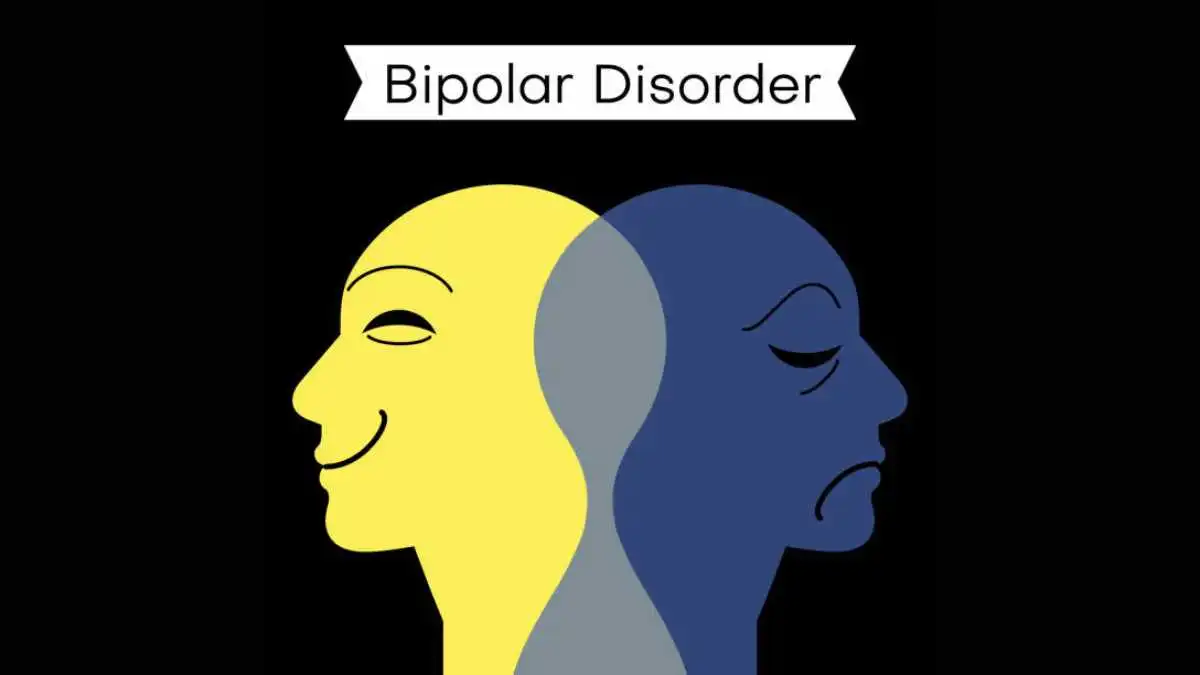HEALTH AND FITNESS
How Sleep Affects Bipolar Disorder and Ways to Improve It

Do you ever feel super happy one moment and really sad the next? For people with bipolar disorder, these mood swings can be much more substantial. And guess what? Sleep can make a big difference! In fact, if you’re looking for help, OCD treatment can be useful when dealing with sleep issues related to bipolar disorder.
Table of Contents
What is Bipolar Disorder?
Bipolar disorder is a mental health condition where a person’s mood changes a lot. They might feel really excited and energetic (called mania) or very sad and tired (called depression). It’s not just normal mood changes. It’s more extreme and can affect their daily life.
Bipolar disorder can make school, friendships, and even daily activities tough. When someone’s mood changes a lot, it can be hard to keep up with schoolwork or hang out with friends. But there’s hope. With the right help, like bipolar disorder treatment, things can get much better.
How Sleep Affects Bipolar Disorder
Sleep is super important for everyone, but it’s extra important for people with bipolar disorder. Here’s why:
- Sleep Problems Can Trigger Mood Swings: Not sleeping enough can cause mood changes. It can even cause mania or depression to start.
- Too Much or Too Little Sleep: Sleeping too much or too little can affect the brain. It can make someone feel really tired or super energetic.
- Poor Sleep Quality: If someone wakes up a lot during the night, it can mess up their mood the next day.
Sleep problems are common in people with bipolar disorder. When someone is going through a manic phase, they might feel like they don’t need sleep at all. But during a depressive phase, they might sleep way too much. These sleep issues can make bipolar disorder even harder to manage.
Why Good Sleep Matters
Getting good sleep helps your brain work better. It makes it easier to control your mood. It also helps you feel less stressed and more focused.
Good sleep also helps the brain heal and recharge. It’s like giving your brain a fresh start every day. Without enough sleep, your mood can be all over the place, making it harder to stay calm and happy.
Ways to Improve Sleep for Better Mental Health
- Follow a Sleep Routine: Go to bed and wake up at the same time every day. Even on weekends!
- Create a Sleep-Friendly Space: Keep your room dark, cool, and quiet. A comfy bed helps too.
- Avoid Caffeine and Sugar Before Bed: Things like soda, coffee, or even chocolate can keep you awake.
- Stay Active During the Day: Exercise helps you sleep better at night.
- Relax Before Bed: Try reading, listening to calm music, or taking deep breaths.
- Limit Screen Time: Avoid phones, tablets, and computers before bed. The bright light can trick your brain into staying awake.
- Talk to Someone: If you are struggling with sleep, talking to a trusted adult or mental health professional can help.
Why Sleep Matters for OCD and Bipolar Disorder Treatment
If someone is getting help for bipolar disorder or OCD treatment, good sleep can make that treatment work even better. It helps keep their mood steady and makes them feel better overall. Many doctors and therapists focus on sleep routines as part of bipolar disorder treatment because it makes such a big difference.
Getting Help
If you or someone you know is having a hard time with sleep or mood swings, it’s important to talk to a trusted adult or a mental health professional. They can guide you to the right bipolar disorder treatment or OCD treatment that fits your needs.
Final Thoughts
Sleep isn’t just about resting. It’s about giving your brain the break it needs to stay healthy. By taking care of your sleep, you’re also caring for your mind. Think of sleep as your brain’s way of recharging its batteries. It gives you the strength to handle mood swings better and feel happier. So, make sleep a priority, and don’t be afraid to ask for help if you need it. Sweet dreams and stay strong!
-

 GENERAL2 months ago
GENERAL2 months agoUncovering the World of кинокрадко: The Dark Side of Film Piracy
-

 GENERAL1 month ago
GENERAL1 month agoUnveiling the Art of преводсч: How Translators Bridge Language Barriers
-

 YOGA1 year ago
YOGA1 year ago4 Person Yoga Poses for Beginners
-

 GENERAL3 weeks ago
GENERAL3 weeks agoChristofle – For Those Who Dream of Family Heirloom Silver


























